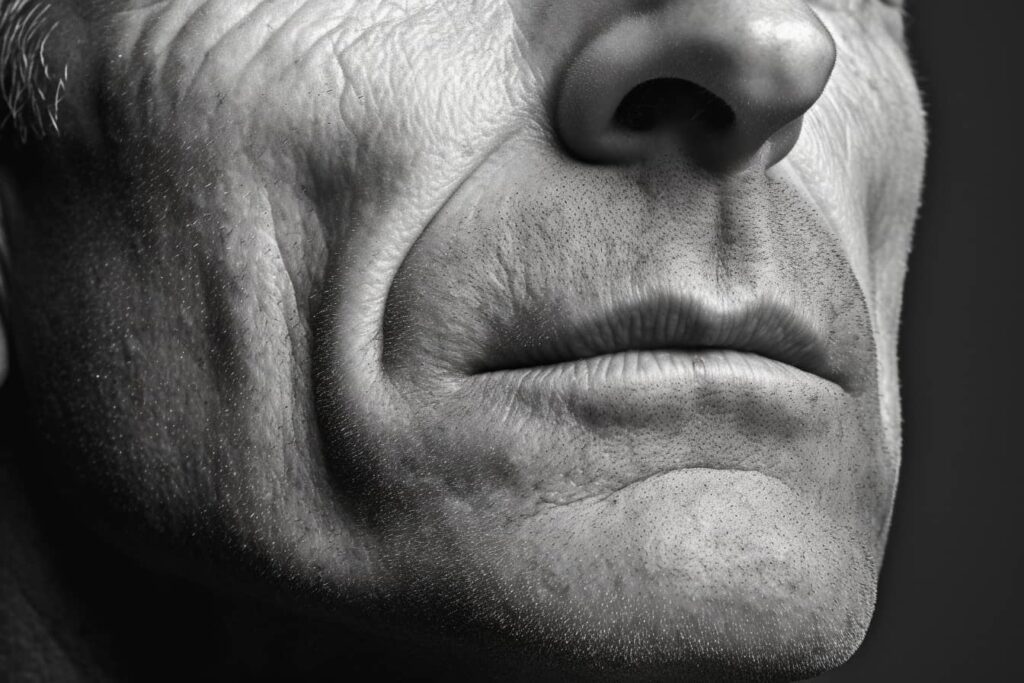As it turns out, our breath does more than just keep us alive. It also seems to be an unexpected key to understanding how our memory works. A kind of hidden orchestra conductor, capable of influencing the "neuronal symphony" that makes up our memories.
The Rhythm that creates the synapses
Have you ever thought that the rhythm of your breathing could actually create electrical activity in your brain? And that this electrical activity could improve your emotional state and your memory?
Ok, maybe many of you have it, we suspected it. And now that's exactly what a research team led by has discovered Christina Zelan of Northwestern University.
The breath, the main road of memories

In their experiment, Zelano and his team observed that the test subjects were able to remember better during inhalation than exhalation. And the effect was even more marked when breathing occurred through the nose.
That's not all: researchers have noticed that two specific regions of the brain, the amygdala e the hippocampus, which play a key role in memory and emotion, are sensitive to the rhythm of our breathing.
That's why breathing deeply, as you do during meditation, can actually improve our ability to remember.
Towards New Frontiers of Therapy
These findings, published in the latest issue of Journal of Sport and Exercise Psychology (I'll link them here) could have revolutionary implications. They have great potential for treating cognitive decline, stress, anxiety and conditions such as ADHD and Alzheimer. Yes, that's right, our breath could one day help fight these diseases.

Think about it next time you take a deep breath. I don't know, sometimes you have something on the tip of your tongue and you can't get it out.
It might help you a lot more than you think.


